Search Results for Tag: Iceland
Eco-group questions Iceland oil
Back in January, China’s state-owned oil company CNOOC obtained an Arctic exploration licence for the remote Dreki area, 125 miles off the north coast of Iceland. Iceland has very close relations with Beijing. When I interviewed the Foreign Minister Gunnar Bragi Sveinsson at an event in Tromso earlier this year, he told me:
“We have a very good cooperation with China. We hope our Free Trade Agreement will be fully implemented in the summer. China is a very big player in the world economy. They are showing interest in the Arctic, interest in western Europe, and we treat them like anybody else in the world. As long as they play by Icelandic rules, Icelandic law, we don’t worry. I see opportunities in working with China, no threats”.
I was interested to come across a short item by the news agency AFP about a group that sees Arctic development a little differently; the Iceland Nature Conservation Association. Their opposition has nothing to do with the fact that China is investing in the region, but with the basic fossil fuels-climate paradox. The agency quotes the chairman, Arni Finnsson:
“Iceland should not bet on oil at a time when it is doubtful that humanity can reach its (greenhouse gas) goals.”
Apart from the climate implications, Finnsson says oil production in the area envisaged by CNOOC along with Icelandic firm Eykon Energy and Norway’s state-owned Petoro is unlikely to be cost-efficient. The cost factor is one analysts say will play the key role in determining whether offshore oil exploration in the Arctic will be viable, as discussed on various occasions here on the Ice Blog.
Iceland is still recovering from the financial crisis of 2008-2009 and hopes to follow in neighbouring Norway’s footsteps and build a lucrative oil industry. “That is the hope,” Thorarinn Sveinn Arnarson, who heads the hydrocarbon licensing department at Iceland’s national energy authority, told AFP. “If something is found that is economically viable there would be tax benefits and of course all the other things, job creation and technical capacity like we’ve seen in Norway and in the Faroe Islands.”
But experts warn that this vision could be some way off if it ever materialises. Dag Claes, a leading oil and gas expert at the University of Oslo, stresses the remoteness of the area. He also draws attention to the problems of developing a suitable infrastructure for an oil industry in this part of the world, a problem I wrote about here on the Blog recently. You might also like to check out the article: Are we prepared for a catastrophe in the Arctic?
Arctic hot topic in icy Tromso
It’s standing room only for anyone who came a bit late to the opening of Arctic Frontiers this morning. This event has become huge. The organisers say there will be around a thousand participants and plenty of journalists. When I first came here six years ago, the number of journalists was minimal. Now the Arctic has moved up to the top of the international agenda because of climate change and easier access.
Politicians, scientists, diplomats, think tanks, participants from all round the globe have made the trip to Tromso in the Norwegian Arctic for what has become one of the major events relating to the Arctic.
The Norwegian Fisheries Minister was speaking this morning, the Foreign Minister of Iceland, the Chair of the Arctic Council Senior Officials group Canada’s Patrick Borbey and representatives from the USA and Russia. The UK, Japan and Italy have also been on stage – yes, the Arctic is clearly of relevance to the whole planet.
I will go into more detail later, but for now it must suffice to say they are all stressing their interest in Arctic development while (in theory?) protecting the environment and the human rights and traditional lifestyles of the indigenous peoples at home in this still remote and cold region at the top of the planet. Iceland’s Foreign Minister Gunnar Bragi Sveinsson told me he did not fear commercial development could be outpacing environmental protection. More from that interesting interview another time.
The Russian “Ambassador at Large” for the Arctic Anton Vasilev talked a lot about Russia’s interest in peaceful development and keeping military conflict out of the Arctic. Some of the participants were discussing at lunch how this fits the upsurge in military activity up there and the planting of the polar flag expedition, with both Russia and Canada claiming sovereignty.
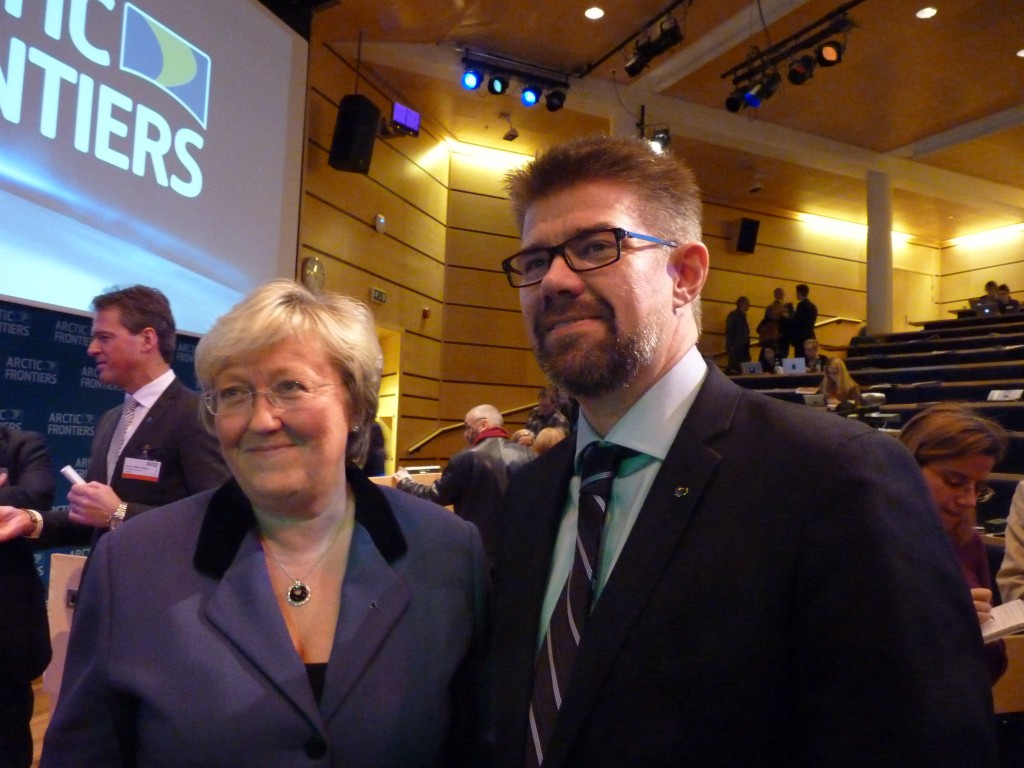
Norwegian Fisheries Minister Elisabeth Aspaker and Iceland’s Foreign Minister Gunnar Bragi Sveinsson in Tromso
This afternoon Statoil and other players are talking about oil and gas development. An interesting subject. Forgive me if I stop here to listen on. The debate is livening up with a question by a Sami participant to the Director General of the Norwegian Shipowners’ Association Sturla Henriksen. She’s asking (and she’s not alone) whether it wouldn’t be better to invest in new technologies and find ways of reducing emissions to halt the climate change which is causing problems for so many indigenous people in the Arctic. He says he respects indigenous traditions, but stresses shorter shipping routes for instance would benefit wider society in general.
More this evening! And tweets in between @iceblogger
Why a new “Arctic Circle” Forum?
While working on a story about the Arctic Council in the run-up to its next meeting in May, I was greatly interested by the announcement that there is to be a new global forum called the Arctic Circle. Iceland’s President Ólafur Ragnar Grímsson, made the announcement this week at an event held by the National Press Club in Washington. On the Arctic Circle website, the new organization is described as “nonprofit and nonpartisan”. The mission is “to facilitate dialogue and build relationships to confront the Arctic’s greatest challenges. We aim to strengthen the decision-making process by bringing together as many Arctic and international partners as possible under one large ‘open tent’. By facilitating circumpolar meetings of leaders across disciplines, we will identify truly sustainable development practices for the Arctic, the world’s last pristine environment”.
The background, of course, is the opening of the Arctic to shipping and commercial exploitation because of climate change. The organisers say the new open forum will help raise the profile of Arctic issues worldwide and discuss solutions “in a frank and collaborative manner”.
I met President Grimsson in January in what at first sight might appear an unusual location – the Gulf emirate of Abu Dhabi.
We live in an ice-dependent world, says Iceland’s President
He actually has close ties to the emirate, and was there for “sustainability week” and the World Future Energies Forum. He explained to me then his interest in making it clear that the Arctic is not just of significance to the High North region and the countries around it, but the planet as a whole. So I am not surprised that he is spearheading an attempt to open the region to the influence of other countries. Iceland has also been conducting a lot of negotiations with China, including a new free trade agreement announced by the President this week. As reported on the Ice Blog and DW before, China is increasingly interested in getting a foothold in the Arctic.
See China’s Arctic ambitions spark concern
Grimsson told Thomson Reuters the new forum was needed because “while most countries have a stake in the melting of Arctic ice, only eight – Canada, Denmark, Finland, Iceland, Norway, Russia, Sweden and the United States – are members of the Arctic Council”. The intergovernmental group was established in 1996.
China, India and Singapore are amongst the non-Arctic states seeking observer status on the Arctic Council at a meeting to be held in Sweden next month. The new “Arctic Circle”, on the other hand, would be open to anybody: “concerned citizens, representatives of ngos, scientists, researchers alongside governments and corporations.”
The first meeting of the new forum will be held in Iceland in October. It remains to be seen who will sign up and how influential it will turn out to be. The formation of the group shows the Arctic’s rising significance on the international agenda. The question is which forum will turn out be the best placed to effectively protect the sensitive ecosystems and traditional lifestyles of indigenous groups in the Arctic at the time when international commercial interest is growing steadily. And with the burning of fossil fuels continuing to exacerbate climate change and no progress being made towards reducing emissions – who is to mediate in the conflict between those who want to profit from exploiting oil and gas resources in The Arctic and those who want to stop using it and shift to climate-friendly renewables? There are those who would like to do both. But as the saying goes, “you can’t have your cake and eat it” – or maybe you can’t have your ice and melt it?
“We are living in an ice-dependent world” (Iceland’s President)
During my recent visit to Sustainability Week in Abu Dhabi, I was interested to meet the President of Iceland, Ólafur Ragnar Grímsson. He gave one of the keynote speeches at the World Future Energy Summit and was also on the Jury for the prizes presented as part of the Zayed Future Energy Prize to initiatives around the world to promote sustainability through renewable energy in different parts of the world.
I asked him how he had come to be involved so closely with Abu Dhabi, the icy north working with the desert oil state. The link goes back to an Abu Dhabi delegation visiting Iceland 8 years ago to talk about using clean energy. Since then, he finds it fascinating and encouraging to see how the Gulf state is turning itslf into “one of the primary locations in the world for dialogue and cooperation on a clean energy future.”
But the message I’d really like to share with the Ice Blog community is the one about the undeniable connections between what’s happening in the Arctic and what’s happening in the rest of the world. President Grímsson explained his view to me at a reception after the prize-giving ceremony.
We live in an ice-dependent world, says Iceland’s President
In a nutshell, he says one of the key results of scientific research is recent years is that the Arctic plays a major role in influencing weather and other developments around the world, and that fact that the ice is melting fast. Let me quote him:
“I think the melting of the ice is really the frightening message. Climate change is a difficult word, because somehow it is not concrete. The melting of the ice is something that everybody understands.”
Unexpected Explorers

As we descended to the lake, I was surprised to see that the party waiting on the beach to be picked up was a different generation from the young scientists one tends to encounter in these remote and often trying areas. The two women and three men waving us in were, I discovered, the “British North East Greenland project”. Now retired, but lovers of the Arctic, they have all the necessary gear, bought special inflatable boats and come to this remote region every year for around 3 weeks, set up camp and go hiking, boating and collecting samples for various scientists. They had also made some archaeological finds. One of the ladies told me she had two artificial knees. She walked with a stick, but still managed to get up the ladder and into the twin otter, with a little help from her friends. More power to you folks, and if you read this when you get home, please put some info about your project onto the blog, and an email address where I can contact you, if you like. I think your project is great.
The group had their stuff all packed up, and I now found out why the front of the plane had been cleared.

The captain and co-pilot do everything on these routes, and we all helped get the equipment loaded onto the plane.

Once it was all inside, we just had to trust we wouldn’t need to reach that emergency exit.

Our next destination was Mesterswig, a Danish military aerodrome used, like Daneborg, as a drop-off and pick-up point.

My fellow travellers told me the government had been threatening to close it down for the last 20 years. With the latest resurge in military interest in the Arctic, it probably has a good chance of staying open.

Mesterswig control
The group has storage space in Mesterswig where they store their gear until next year. They’re well known and welcome. While they stowed it all, our copilot had a well-earned break on the runway. I wonder what insect repellent he uses. You can’t tell to look at him we were all under mega-attack from thousands of giant mosquitoes. (I’d have liked our Zackenberg insect experts Gergely and Tomas to have a look, but the only samples I have are somewhat squashed..)

From here, we headed down to Constable Point, for refuelling before we tackled the longer stretch to Iceland. (Flying from East to West Greenland goes, I’m afraid, via Iceland, there are few direct travel options). There were plenty more beautiful ice and snow views on route.This is a very spectacular part of the world.

We found the fire brigade waiting. We had been warned our captain would be radio reporting some engine trouble – to provide a fire alarm test for the ground team.

Well mastered.
The next entry will come from western Greenland.



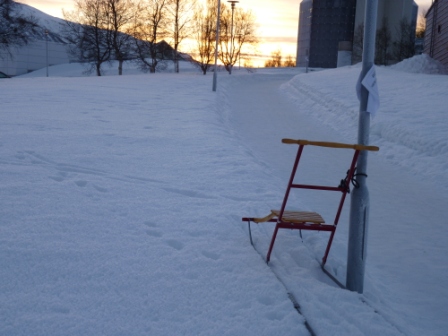

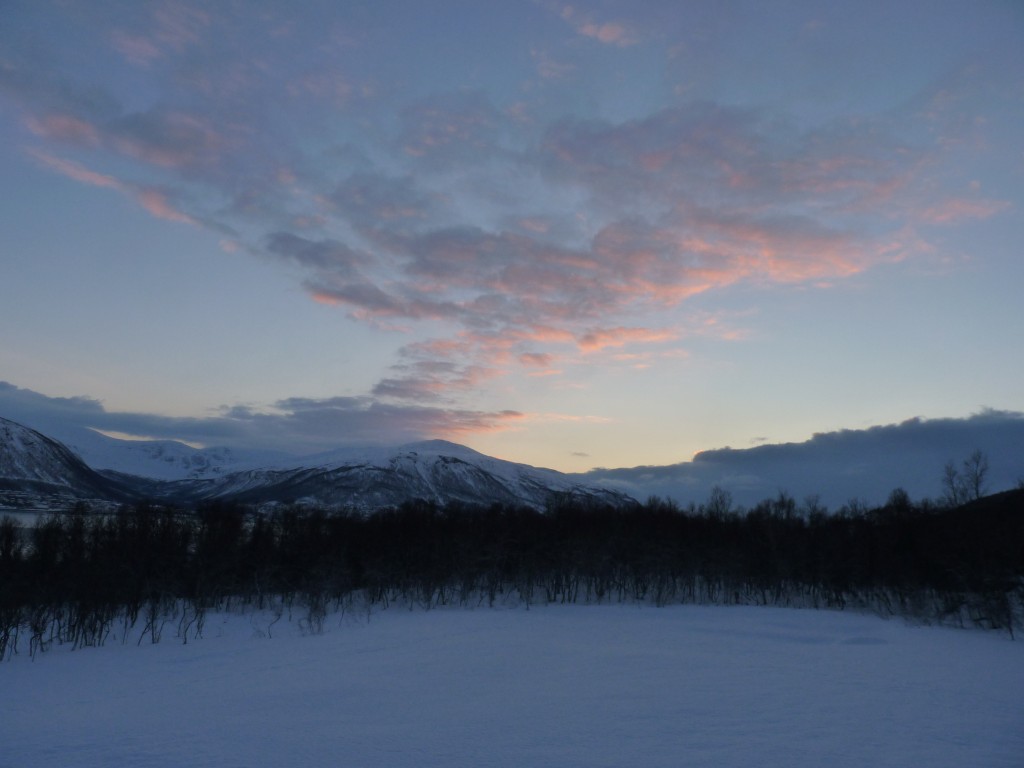
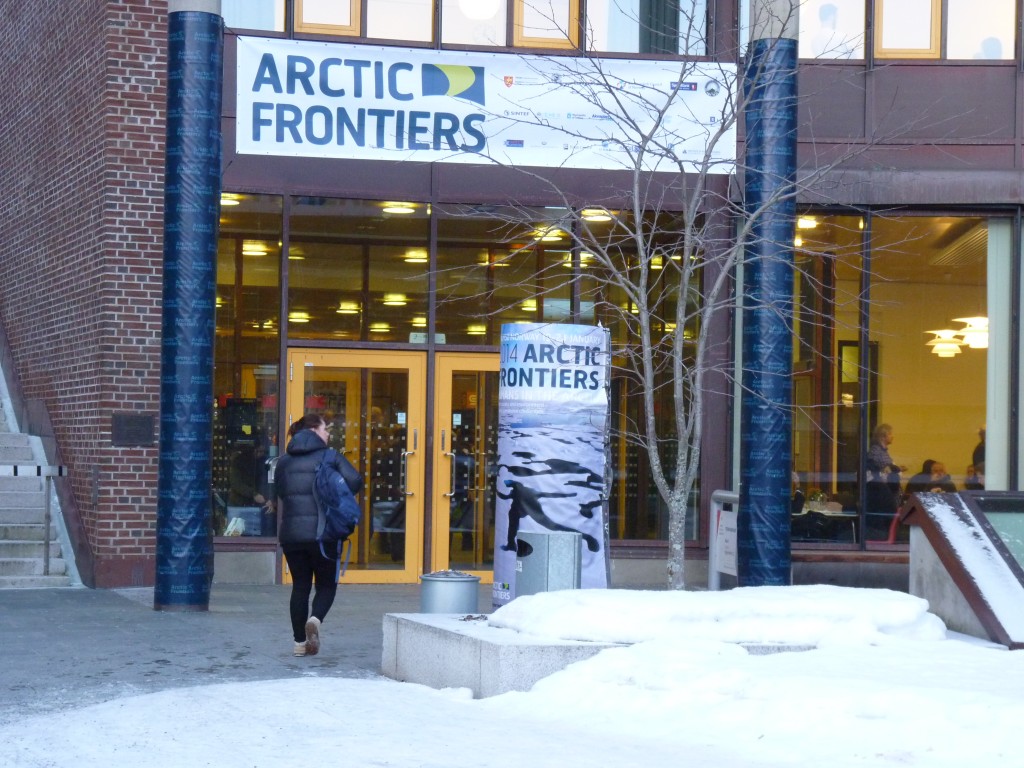
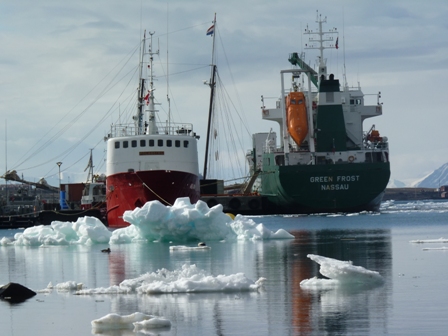
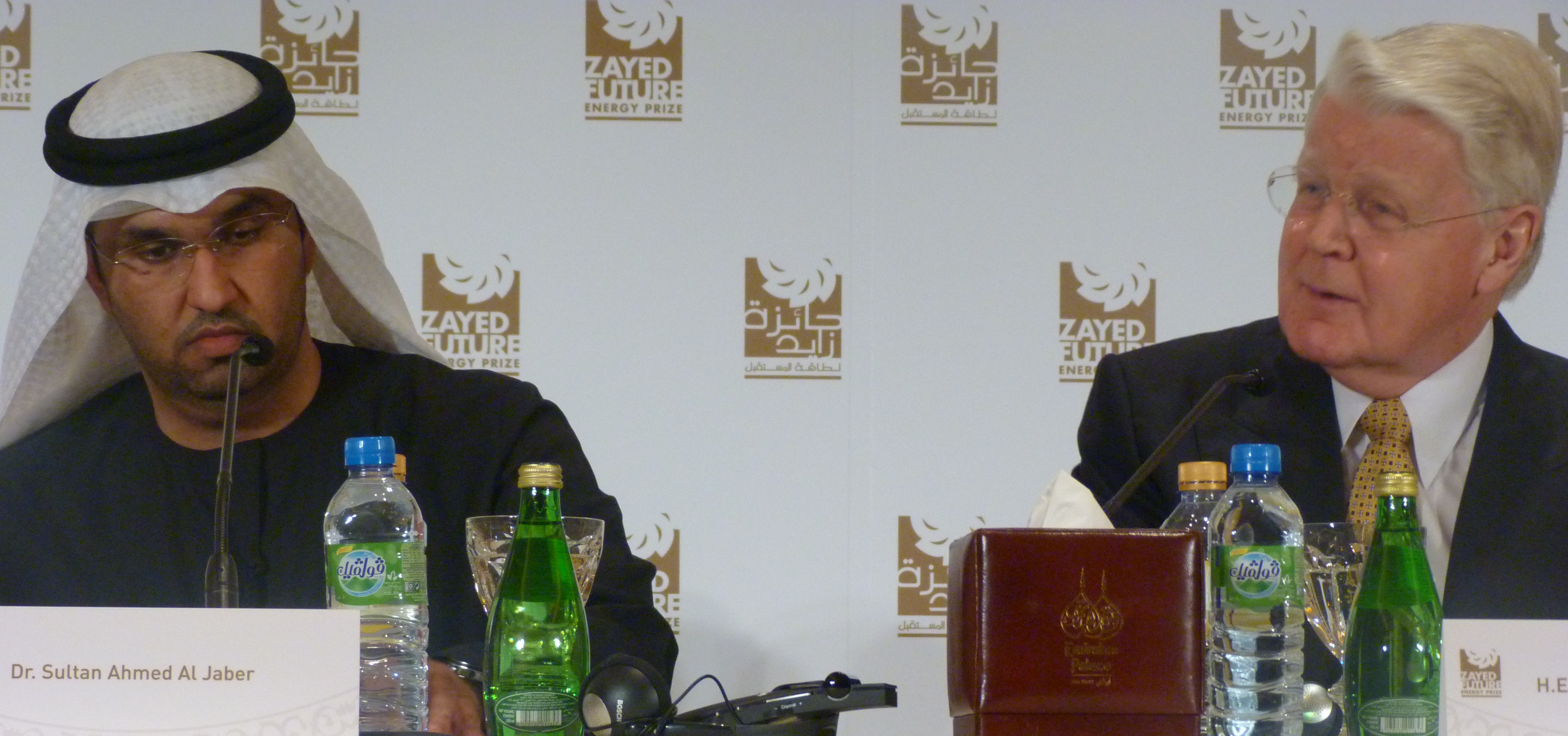
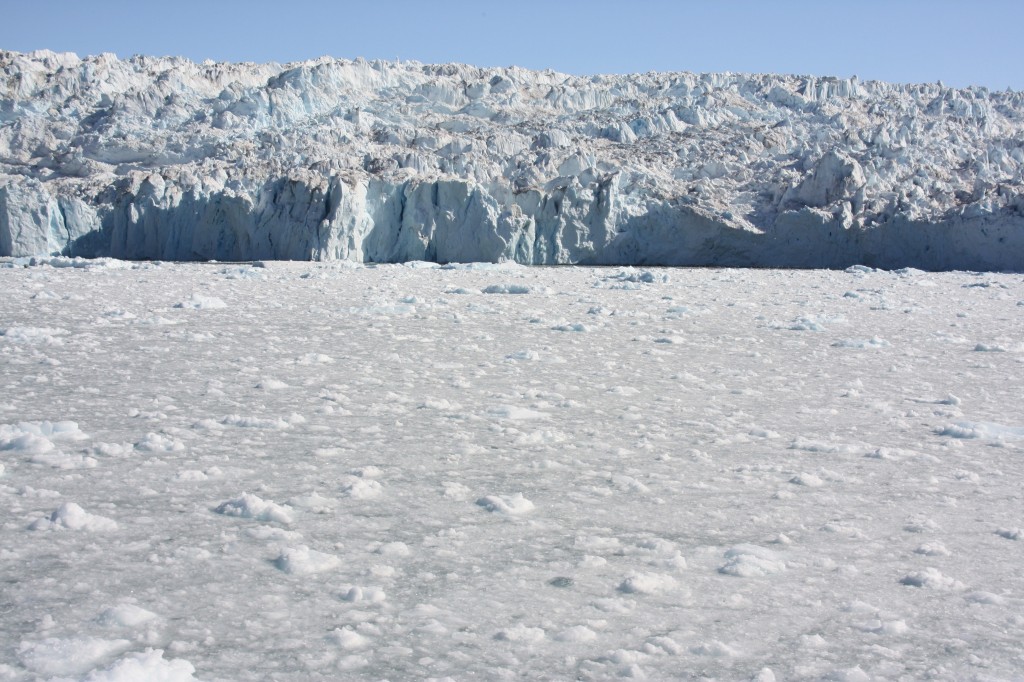
















Feedback